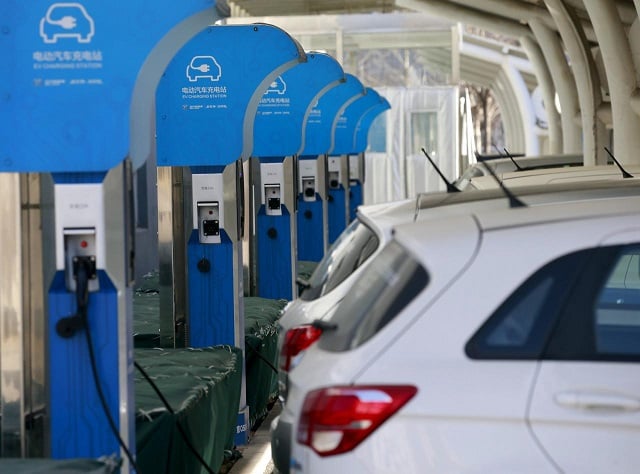In a significant development in Beijing, Pakistan’s Senate Chairman, Muhammad Sadiq Sanjrani, and a delegation were present at the signing of a groundbreaking memorandum of understanding (MoU) between TGOOD, a leading Chinese company, and the REC Group of Pakistan. This MoU, signed on October 25, is set to revolutionize Pakistan’s transportation sector by promoting environmentally friendly electric vehicles (EVs).
The collaboration aims to address the pollution crisis in Pakistan caused by conventional vehicles by focusing on hydrogen vehicle technology, hydrogen filling station infrastructure, EV production, battery production and recycling, and EV charging infrastructure development. This partnership is aligned with China’s green development initiatives under the Belt and Road Forum.
One of Pakistan’s main challenges in transitioning to alternative fuels has been the lack of charging stations, which hampers the adoption of EVs. The joint venture with the REC Group is a significant step forward, as it includes a comprehensive technology transfer agreement and the development of hydrogen fueling infrastructure.
The partnership’s primary goal is to break the catch-22 situation hindering the transition to alternative fuels in Pakistan by strategically investing in EV components, recharging stations, and export-driven growth, thus fostering the development of a sustainable green transportation ecosystem. This collaboration is poised to drive Pakistan towards a cleaner and more sustainable future in the transportation sector.

